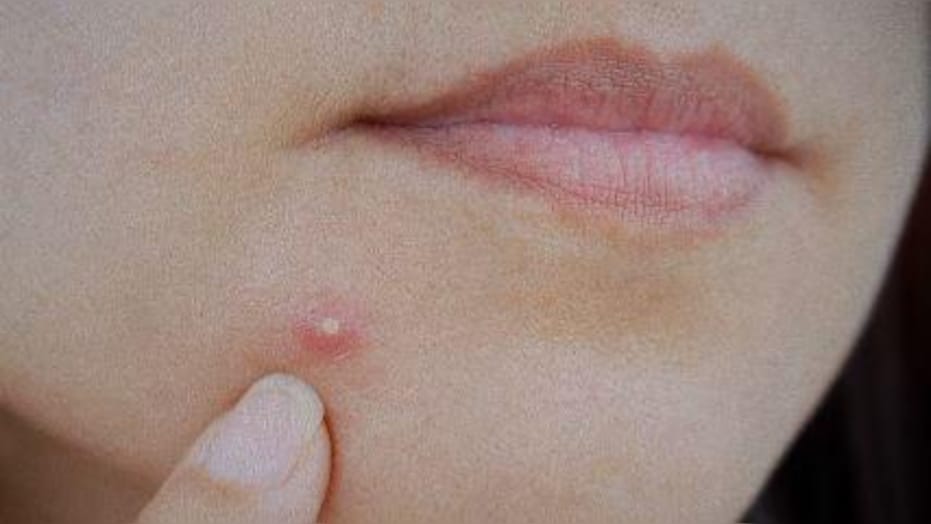Coping with Acne - Tips for Clearer Skin

Acne is a common skin problem, especially among teenagers. However, it can also affect people of any age, even babies. Some people panic to the extent of having emotional distress when they find themselves with pimples (zits) on their skin. I'm here to tell you there is no reason to panic since acne can be avoided and treated. Acne is a skin condition that arises when the pores become clogged with sebum. Sebum is a type of oil produced by the sebaceous glands under the skin, which is used to lubricate the skin and hair. Many things can cause an acne breakout, but the typical trigger is hormonal changes. Other triggers are using certain drugs and cosmetic products, sweating heavily, and touching or rubbing the skin excessively.
Symptoms of Acne
Acne presents itself in various ways. Here are some of the symptoms to be on the lookout for if you want to know whether you have acne or not:
• Whiteheads
• Blackheads
• Small red bumps
• Cysts
Common Methods for Improving the Skin When Suffering from Acne
If you want to have clearer skin, there are some things you need to do. Use the tips below for acne treatment.
1) Wash Your Face
Acne mostly manifests itself on the face. Therefore, to prevent acne breakouts, you should wash your face twice a day (morning and evening) to remove the excess oil that can potentially lead to the skin condition. When washing your face, it would best you use warm water and a mild acne soap. You should be gentle to avoid damaging your skin. Make sure to wash your face after leaving the gym, as sweat can trigger acne breakouts.
2) Avoid Scrubbing Your Skin
Some people find themselves with the habit of scrubbing their skin to remove excess oil. It may sound smart because it helps clean the pores. However, dermatologists do not recommend this because it causes skin irritation. Therefore, when washing your skin, be gentle. Either use your hands or a soft cloth.
3) Avoid Picking the Zits
This can be a tough temptation to resist for many people. However, you should avoid popping your pimples if you want to have clearer skin. Picking your skin leads to scarring and may also result in skin infection. Skin infections come about when the bacteria on your hands and the picking material find their way into the skin.
4) Exfoliate
Dead skin cells also contribute to acne outbreaks. Therefore, it is essential to exfoliate. Exfoliating helps unclog pores, prevent acne outbreaks and even the skin tone. Some of the products used during exfoliation are 2% salicylic acid, facial brush, and 10% glycolic acid.
5) Get Acne Medication from a Health Care Provider
If your acne problem persists after doing all of the above, you should visit a dermatologist. A dermatologist can then prescribe various medications for you. Here are some of the medications used for acne treatment:
• Antibiotics. Can be oral or topical antibiotics. Oral antibiotics are taken by mouth, while topical antibiotics are applied to the skin. Oral antibiotics are more effective than topical antibiotics, but they have pronounced side effects. Examples of oral antibiotics for acne are erythromycin, amoxicillin, tetracycline, and minocycline.
• Creams or Gels. These are for topical application. They are retinoids or vitamin A derivatives. Some of the formulas a dermatologist can prescribe are azelaic acid, dapsone gel, tretinoin, and resorcinol. They are applied to the face to form a mask.
• Contraceptive Pills. Some women who develop acne outbreaks due to hormonal changes can be prescribed contraceptive pills, which have been shown to effectively reduce the frequency and severity of acne breakouts.
• Therapies. Acne outbreaks can also be treated with specialist therapies. Sometimes the treatments can be combined with medications to treat acne breakouts effectively. Here are some of the therapies used: light/photodynamic therapy, chemical skin peeling, drainage and extraction of whiteheads and blackheads, and steroid injection.










